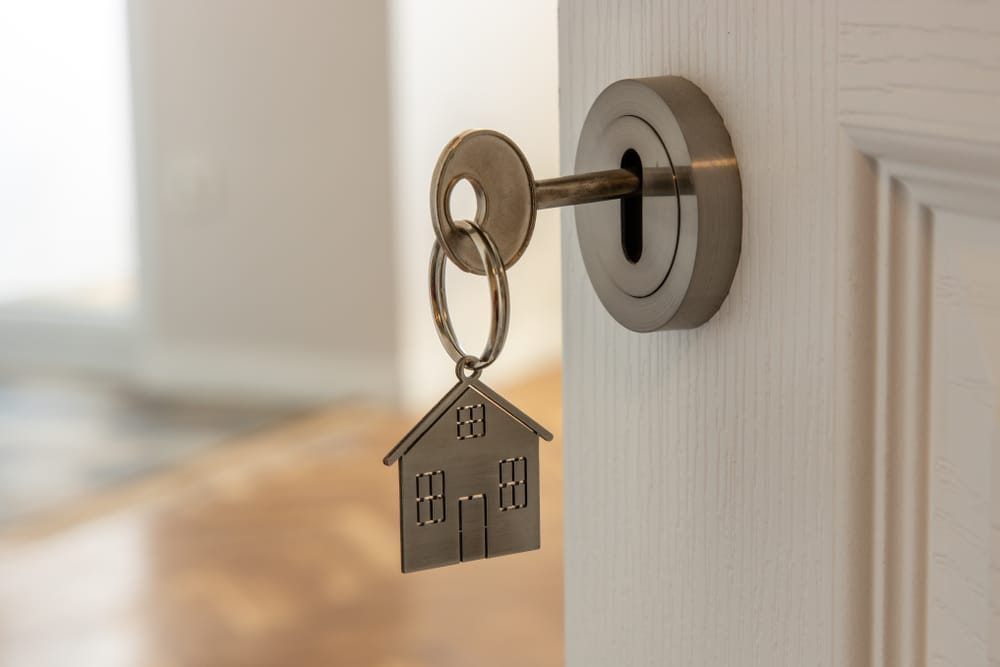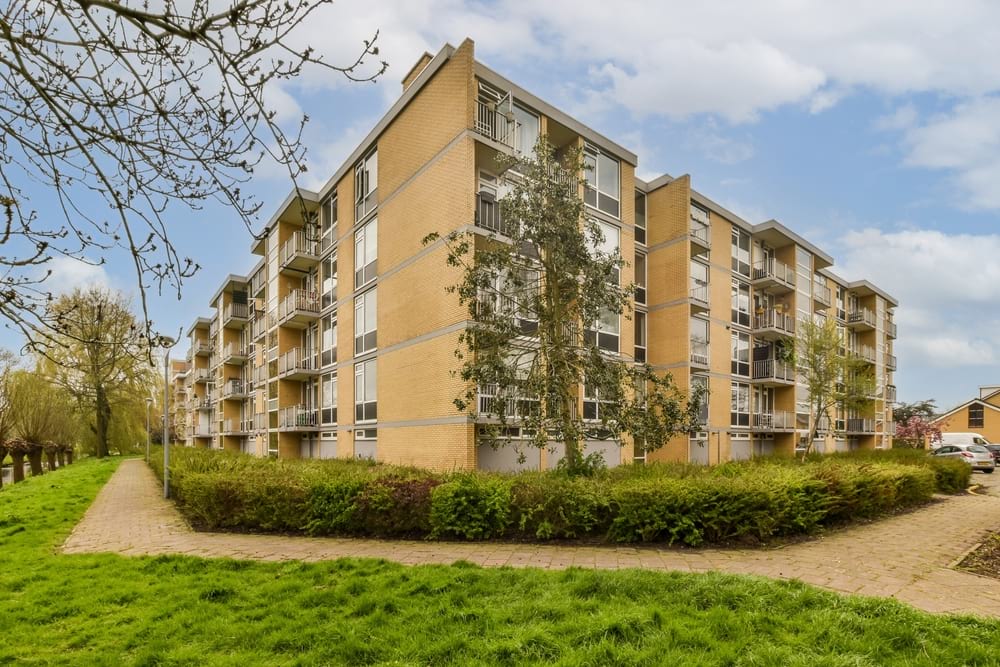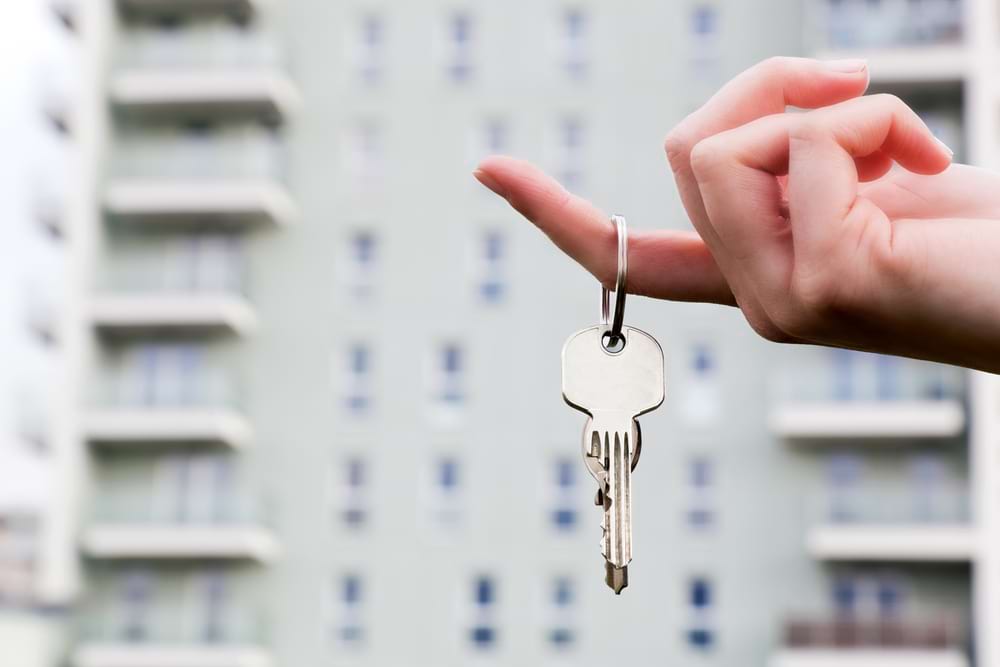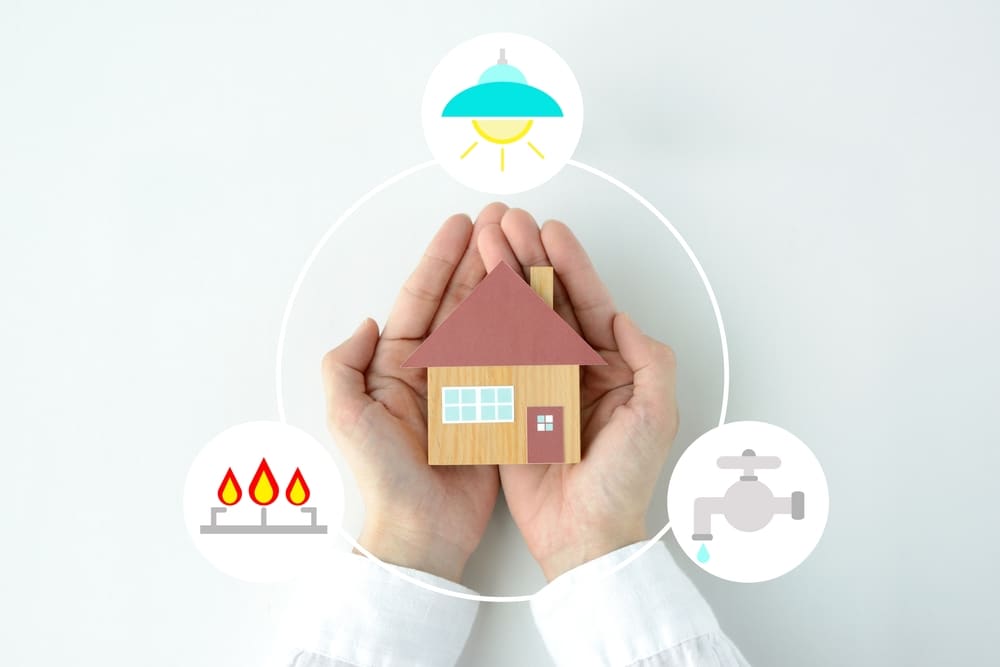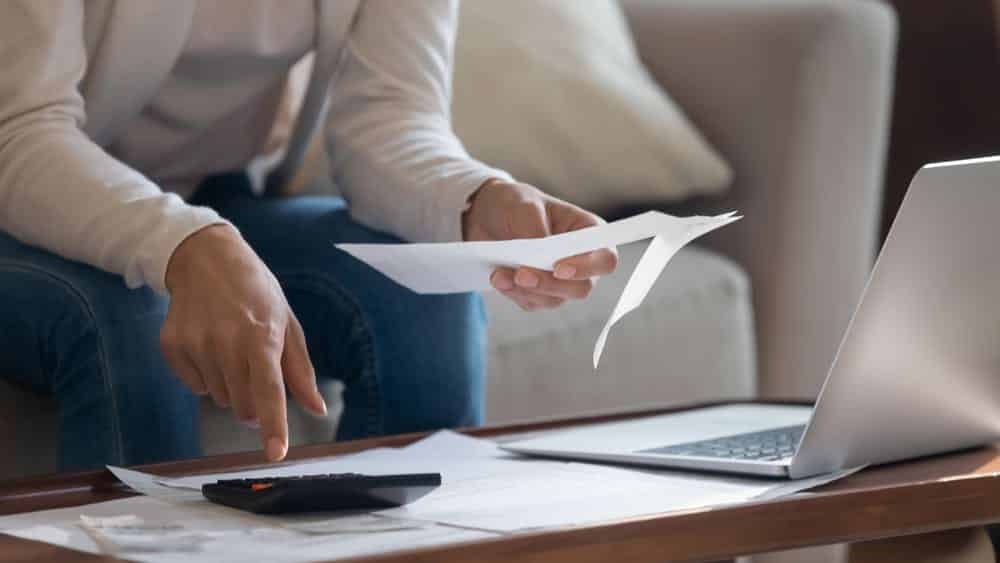It’s difficult to save up for a house.
Mortgage lenders typically want to see a sizeable deposit or salary.
But what happens if you don’t have the funds to make a deposit? Is it possible to get a mortgage without one?
Read our blog below to find out.
Can I get a mortgage without a deposit?
It is extremely rare for a lender to grant someone a 100% loan-to-value mortgage on a house, in which the entire price of the house is borrowed.
However, there are four other routes, which enable you to buy a property without making a deposit.
4 options for getting a mortgage without a deposit
1. Guarantor mortgage
A guarantor mortgage is when someone close to you guarantees that they will repay the amount of money borrowed if you are unable to do it.
Sometimes, this person is required to place funds equal to the required deposit in a savings account held by the mortgage provider.
Most lenders require that the guarantor lives in the UK, and have their income paid in pound sterling, with a UK bank account.
There are also rules which must be followed to confirm that the guarantor is willingly agreeing to the situation. For example, they often need to confirm in writing that they have received independent legal advice.
This is because a guarantor is only released from their responsibility when the borrower is in a position to cover the entire mortgage or if the loan is repaid in full.
It is recommended that all parties seek independent financial and legal advice before choosing this option.
2. Family link mortgage
A family link mortgage is ideal for any potential homeowners who can afford the monthly payments but are struggling to raise enough for a deposit.
With a family link mortgage, you will be granted a 100% mortgage: 90% on the house you wish to purchase and 10% of your family member’s property.
In most cases, the mortgage on your family member’s property needs to be paid within five years, although this time period can differ.
Once the 10% mortgage on your family’s property is paid off, you will then continue to pay the monthly payments on your mortgage as usual.
Different lenders have varying requirements on whether the individual must be a family member (i.e. your parents) or whether a friend is acceptable.
The interest rates on each mortgage, and the terms and conditions of the deal, will also vary significantly. You should do thorough research and get assistance from an expert before jumping into a decision.
3. Using a personal loan as a mortgage deposit
It is possible to take out a loan to pay for your mortgage deposit.
Of course, this will have to be paid back with interest further down the line.
But some lenders may be willing to accept these circumstances, as long as you can prove that meeting your monthly mortgage payments will not be a problem.
Some people opt for this route if they do not have enough money for a deposit in the short-term, but feel certain that they will in the near future.
Many people would recommend waiting until you have these anticipated funds. In this case, taking out a loan is not required. However, this isn’t an option for people who need to move house quickly.
4. Gifted deposits
A gifted deposit is when someone gifts money towards a buyer’s deposit – in most cases, it is done by a family member or friend.
However, it is possible to receive gifted deposits from vendors, developers and landlords.
This route is only achievable if you have a family member or friend who can afford to gift you a sizeable amount of money.
This gift will make life easier for the person buying the house, because it means that their monthly repayments will be reduced, and they will spend less money on interest while paying back the mortgage.
Gifted deposits are arguably the most common of the four options outlined in this blog.
